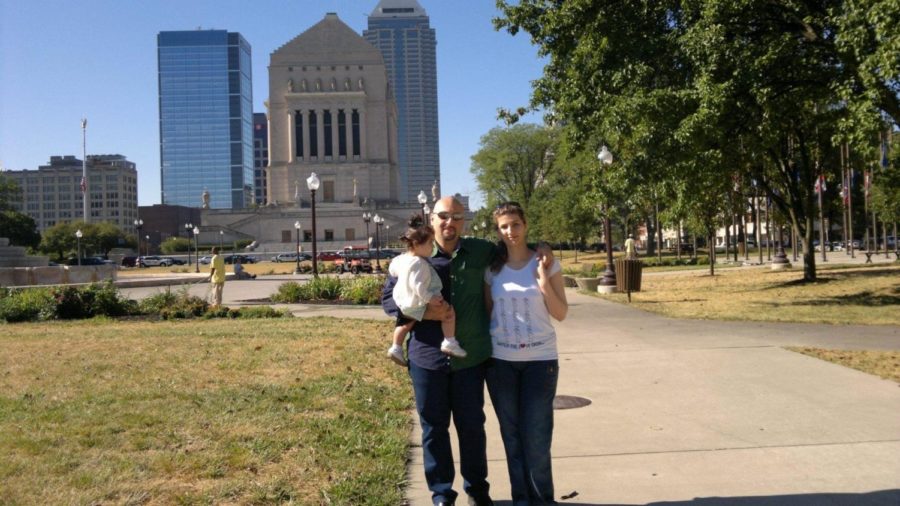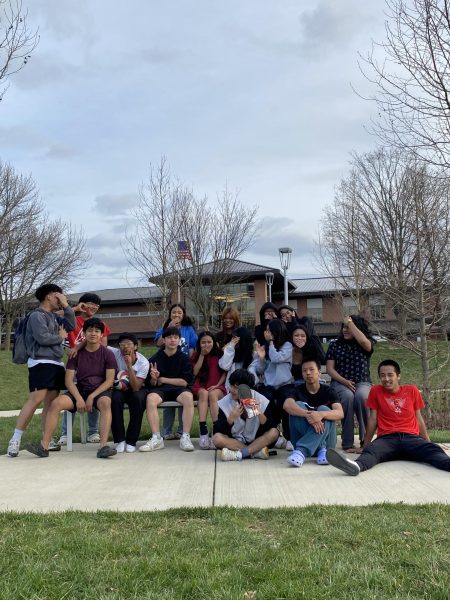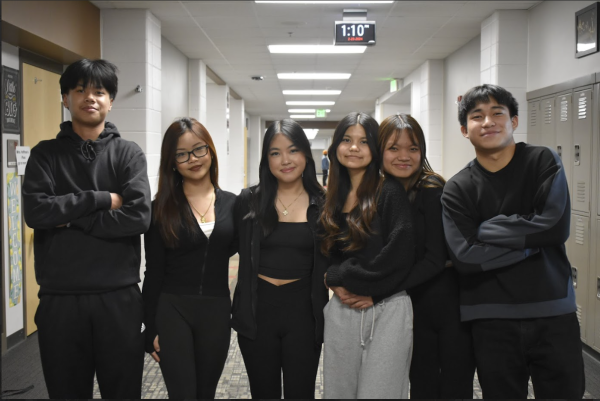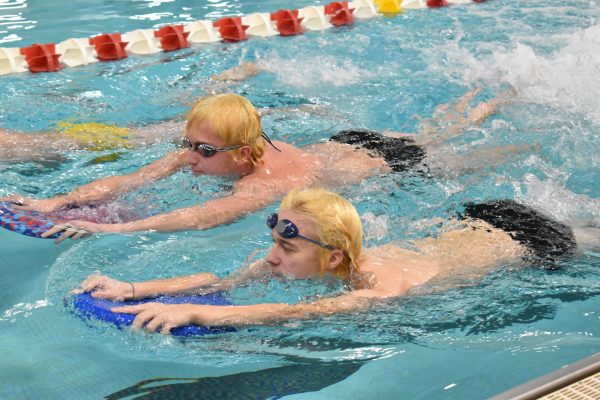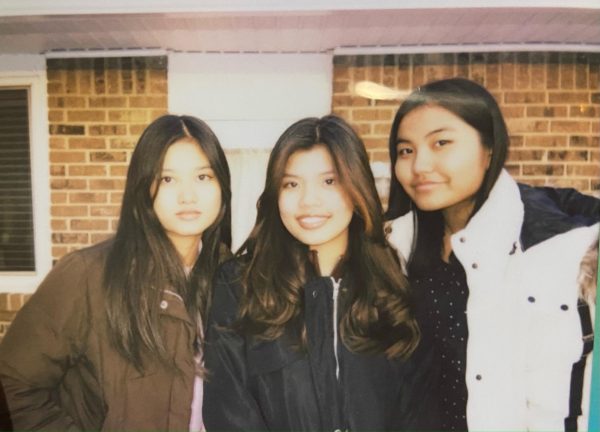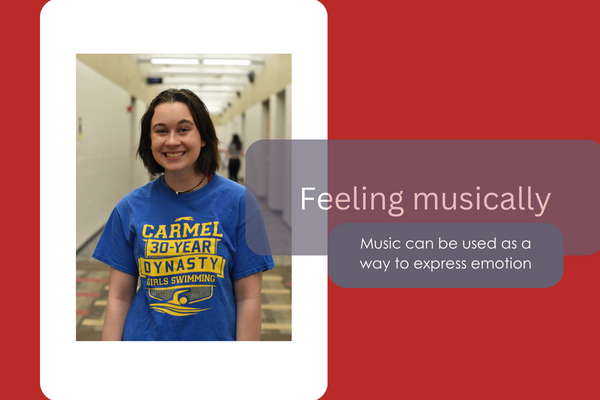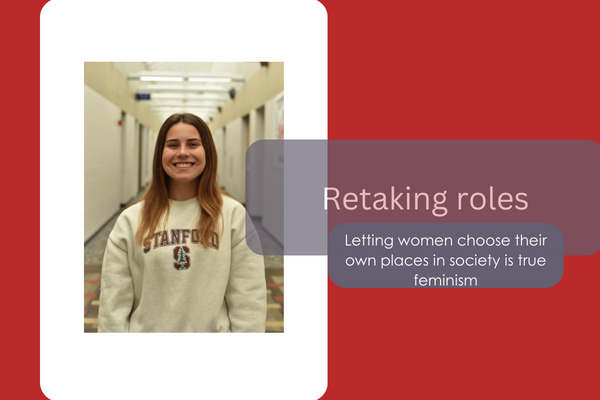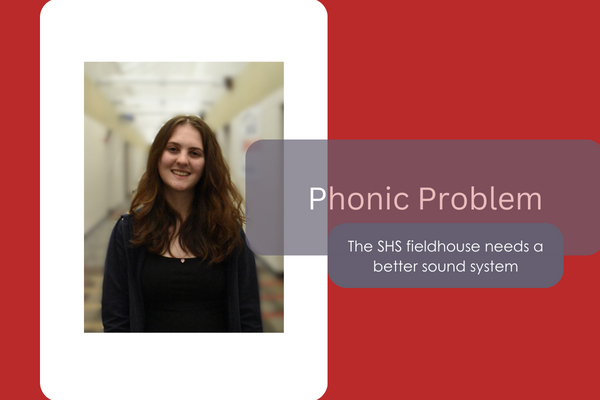A welcoming home
Iraqi teacher arrives in Indiana for more opportunities
Marsaa Alshawi and her husband, Ali Haddad, went to apply for their SSN in 2012 upon their arrival to Indianapolis.
The year was 2012. Instructional aide Marsaa Alshawi was new to the U.S., to English and to the American education system.
10 years later, she has been an American citizen for ample time, she is fluent in English and not only is she familiar with the education system, she is becoming a part of it.
“If there is an open job here, I will be happy to have (it),” Alshawi said.
Alshawi lived in Iraq until she was 28. She immigrated to the U.S. because of her husband, Ali Haddad’s job as a civil engineer for the military. Later on, he was recognized for his translation skills and was employed as an interpreter too.
Haddad has held his job since they still lived in Iraq. He says that this job had put him and his family at high risk for threats and danger.
“I always kept it a secret,” Haddad said. “I didn’t tell my neighbors, my relatives.”
Many Iraqi people saw his employment as a betrayal to Iraq. This obstacle was the main factor for the Alshawi and Haddad family to come to the U.S.
As a first generation immigrant, Alshawi also faced many hardships from growing up in war to overcoming language barriers.
When she lived in Iraq, she says there was a constant state of conflict. From the time she was born to when she immigrated, Alshawi has lived through various wars.
“Living in Iraq, you will live your whole life in a war zone,” Alshawi said.
The safety of her children was also a big factor in moving. She and her husband didn’t want the risk of living through a war and being targeted because of Haddad’s job. They wanted their children to receive a good education.
Before Alshawi came to the U.S., she worked as an adjunct professor, similar to a part-time teacher, at the same college she earned her degree at. She earned a Civil Engineering degree at the University of Technology in Baghdad, Iraq.
She says that there are a multitude of reasons for becoming a teacher. What first drew her to schools in the U.S. was how different they were from Iraqi schools.
“School here is so different… I just wanted to look into it, and after that I found myself here,” Alshawi said.
At schools she had previously substituted at, she faced prejudice. Her accent has caused people to discredit her and make insensitive comments.
“One day one student told me, ‘Why are you coming here? Go back to your country,’”Alshawi said.
But at SHS, Alshawi has noticed how welcoming the staff, students and community are. She feels at home and accepted at SHS. Because of this positive environment, Alshawi plans on staying at SHS.
She is currently in an extended substitute position while math teacher Riley Kown is away on maternity leave. Alshawi was previously employed as an instructional aide at SHS and plans to continue her teaching career here.
She is in the process of earning her masters degree at the University of Indianapolis so she can become a licensed teacher.
Many people such as Technology teacher Mark Snodgrass, and the entire Math Department have helped Alshawi in so many ways, she says.
“When you come here you feel like they are a different community,” Alshawi said. “They are happy to know who you are, where you are from. I feel like this place is my home.”
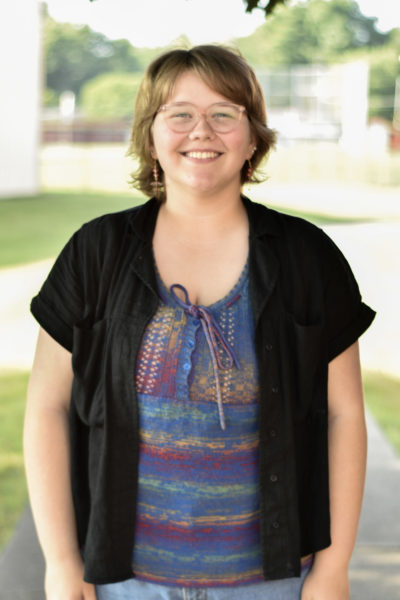
Nearly three years ago, on a fateful day in the spring of my freshman year I voted “Yes” on a Journal instagram poll about interest in making graphics....


